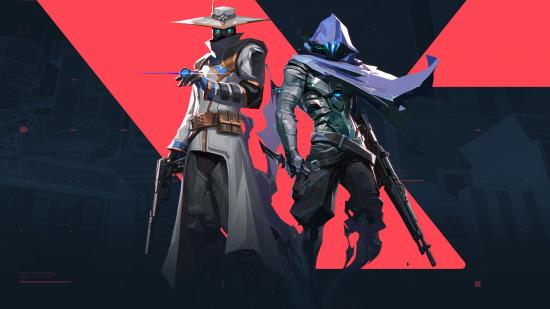The first full season of Valorant esports has likely surpassed even Riot Games’ lofty expectations. The FPS game’s first Valorant Champions Tour season will shortly reach its conclusion, wrapping up a year filled with stellar viewership and some great storylines across a handful of LAN events.
For 2022 though, the Valorant Champions Tour is going to get a bit of a shakeup. While the core three levels of competition will stay the same – that’s Challengers, Masters, and Champions – the regular season will be condensed into just two stages, rather than three. That means there are just two Masters events – but both will be international LANs.
The two Challengers events will also take on a new format. One massive open qualifier will lead into a weekly league-style competition, with the top teams facing off in one final tournament to try and qualify for Masters.
The end of year championship, Champions, is also being moved to earlier in the year, switching from December to September. This allows for a proper offseason at the end of 2022, where teams can rebuild rosters and third-party tournament organisers will be given the chance to host their own unique events, similar to how Valorant esports began with the Ignition Series.
This offseason period will also house a VCT Game Changers LAN, in which the best women’s teams in the Game Changers circuit will come together to compete in person.
While details are light, there are also plans to run country-specific leagues throughout the year as well, in an attempt to replicate the success League of Legends has had in bringing young talent through the ranks with regional leagues that sit below the main competitions like the LEC. These will roll out in European countries first, before hopefully being set up in other continents too.
To further promote the VCT, Riot also has plans to integrate match schedules into Valorant’s client and, as Valorant lead Anna Donlon reveals, “new ways to support your favourite teams.” While no specifics are given, that sounds an awful lot like team-themed cosmetics.
There will also be a new way to play competitive Valorant that goes “beyond” simply climbing the Valorant ranks and involves forming a team and competing on a bigger stage. Again, no specifics were mentioned, but it appears some form of in-game tournament system could be on the way next year.
2021 may have been a big year for Valorant esports, but 2022 looks to capitalise on that and patch up some of the chinks in its generally strong armour.
